Нью-Йорк
Исследовать
 Уникальный опыт
Уникальный опыт
 Путешествия и транспортные услуги
Путешествия и транспортные услуги
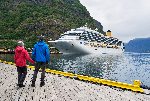 Туры, экскурсии и круизы
Туры, экскурсии и круизы
 Билеты и пропуска
Билеты и пропуска
 Билеты и абонементы на спортивные мероприятия
Билеты и абонементы на спортивные мероприятия
 Малая группа
Малая группа
 Сезонные и особые случаи
Сезонные и особые случаи
 Санитарные меры приняты
Санитарные меры приняты
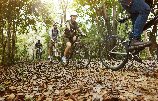 Занятия на улице
Занятия на улице
 Вероятность продажи
Вероятность продажи
 ЛГБТ-дружественные туры
ЛГБТ-дружественные туры
 Подходит для детей
Подходит для детей
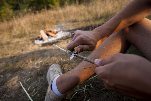 Включает животных
Включает животных
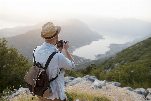 Удобно избегать скопления людей
Удобно избегать скопления людей
 Еда, напиток
Еда, напиток
 Превосходное качество
Превосходное качество
 Классы и семинары
Классы и семинары
 Лучшая конверсия
Лучшая конверсия
 Аудиогиды
Аудиогиды
 Искусство и культура
Искусство и культура
 Виатор Плюс
Виатор Плюс
 Sustainable Tours
Sustainable Tours
 Limousine Transfers
Limousine Transfers
 Donut Walking Tour
Donut Walking Tour
 Virtual Experiences
Virtual Experiences
 Additional fees
Additional fees
 DSA non-compliant
DSA non-compliant
 Уникальный опыт
Уникальный опыт
 Путешествия и транспортные услуги
Путешествия и транспортные услуги
 Туры, экскурсии и круизы
Туры, экскурсии и круизы
 Билеты и пропуска
Билеты и пропуска
 Билеты и абонементы на спортивные мероприятия
Билеты и абонементы на спортивные мероприятия
 Малая группа
Малая группа
 Сезонные и особые случаи
Сезонные и особые случаи
 Санитарные меры приняты
Санитарные меры приняты
 Занятия на улице
Занятия на улице
 Вероятность продажи
Вероятность продажи
 ЛГБТ-дружественные туры
ЛГБТ-дружественные туры
 Подходит для детей
Подходит для детей
 Включает животных
Включает животных
 Удобно избегать скопления людей
Удобно избегать скопления людей
 Еда, напиток
Еда, напиток
 Превосходное качество
Превосходное качество
 Классы и семинары
Классы и семинары
 Лучшая конверсия
Лучшая конверсия
 Аудиогиды
Аудиогиды
 Искусство и культура
Искусство и культура
 Виатор Плюс
Виатор Плюс
 Sustainable Tours
Sustainable Tours
 Limousine Transfers
Limousine Transfers
 Donut Walking Tour
Donut Walking Tour
 Virtual Experiences
Virtual Experiences
 Additional fees
Additional fees
 DSA non-compliant
DSA non-compliant




 ru
ru
 English
English
 French
French
 Polish
Polish
 Ukrainian
Ukrainian
 Serbian
Serbian
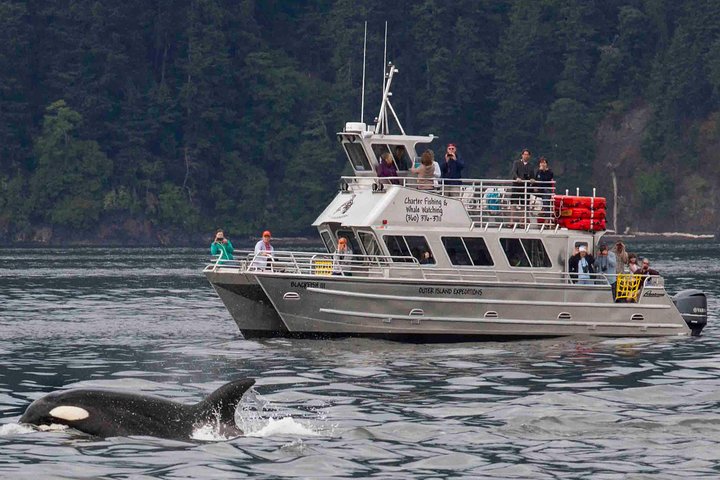
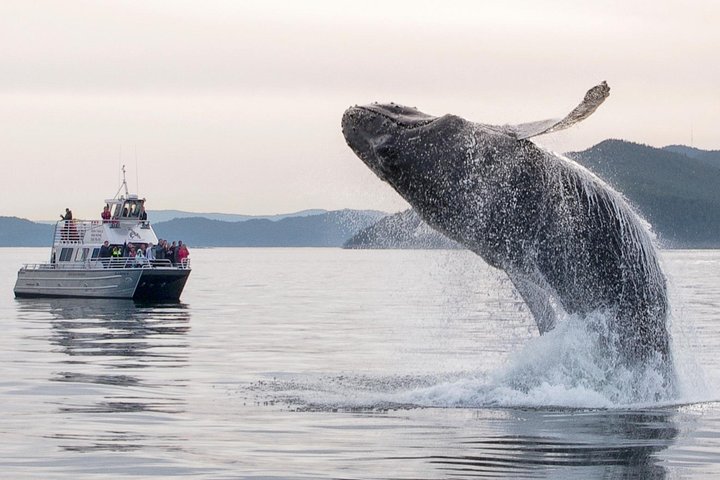
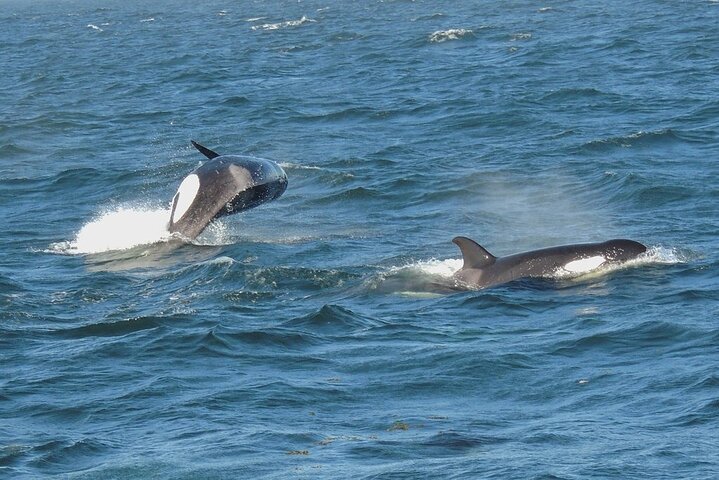

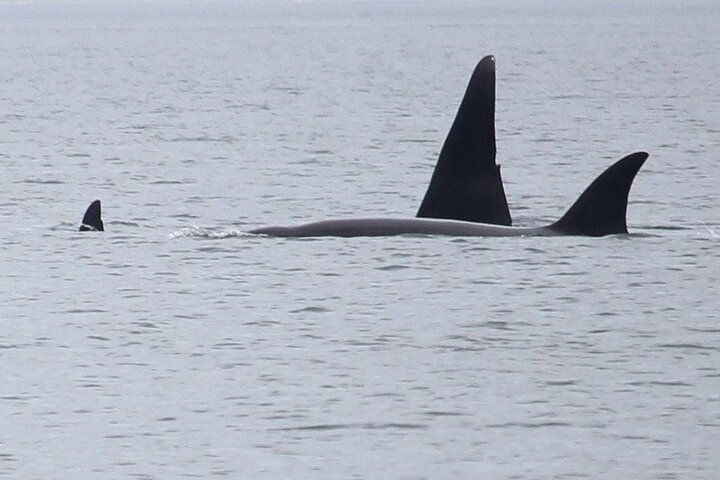
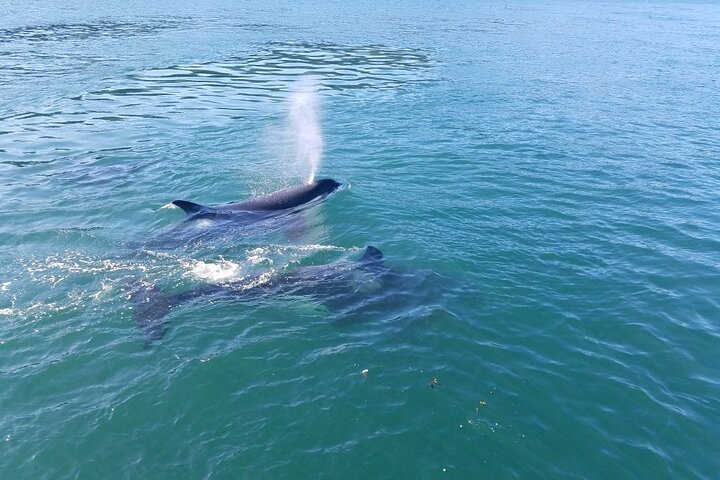
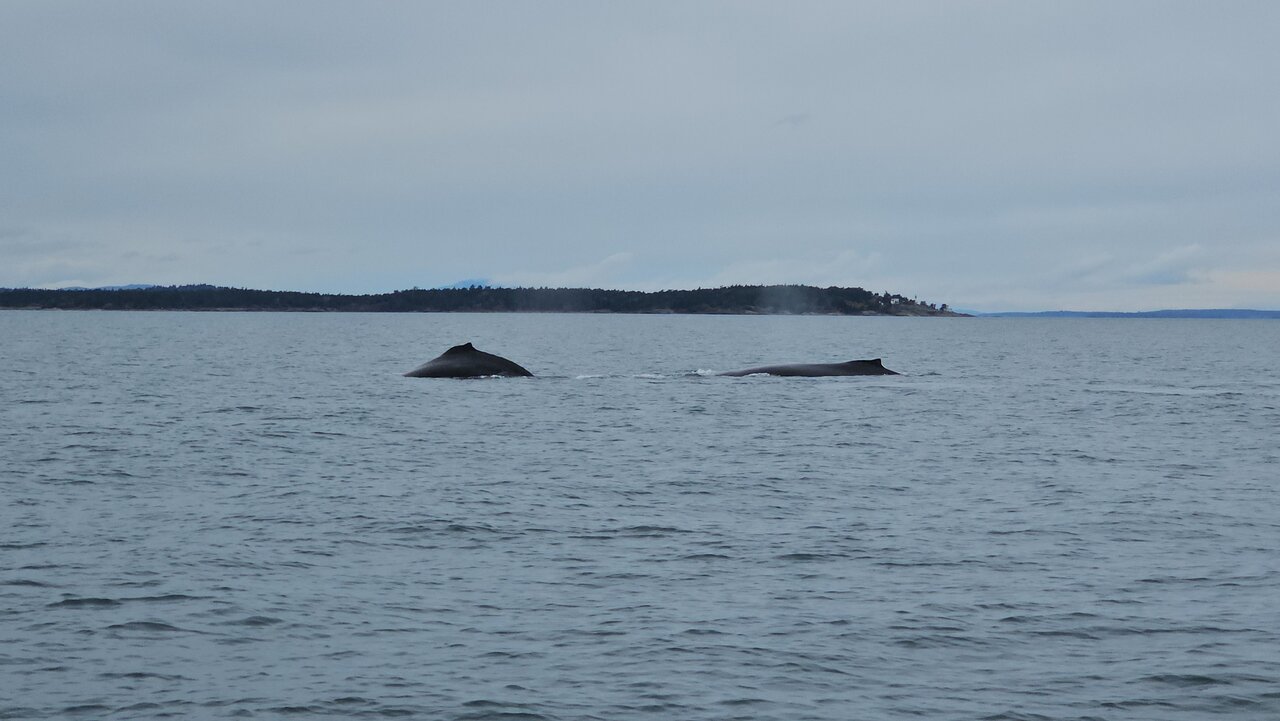
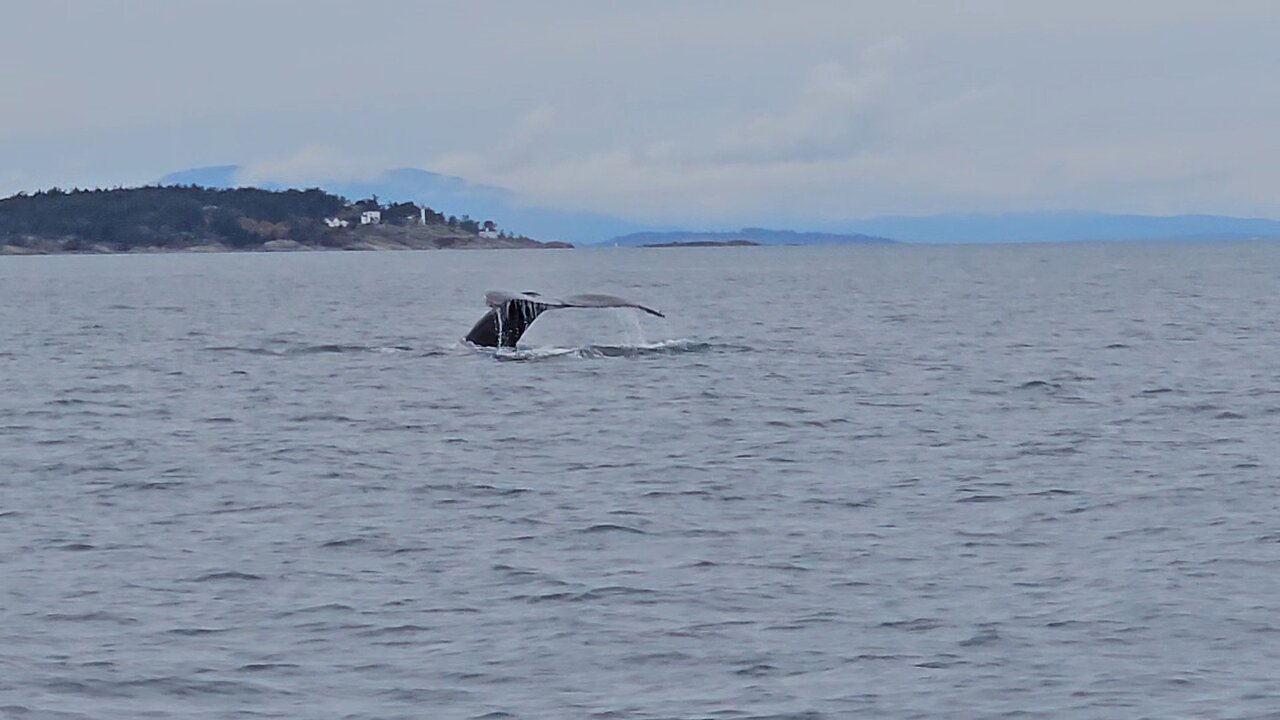
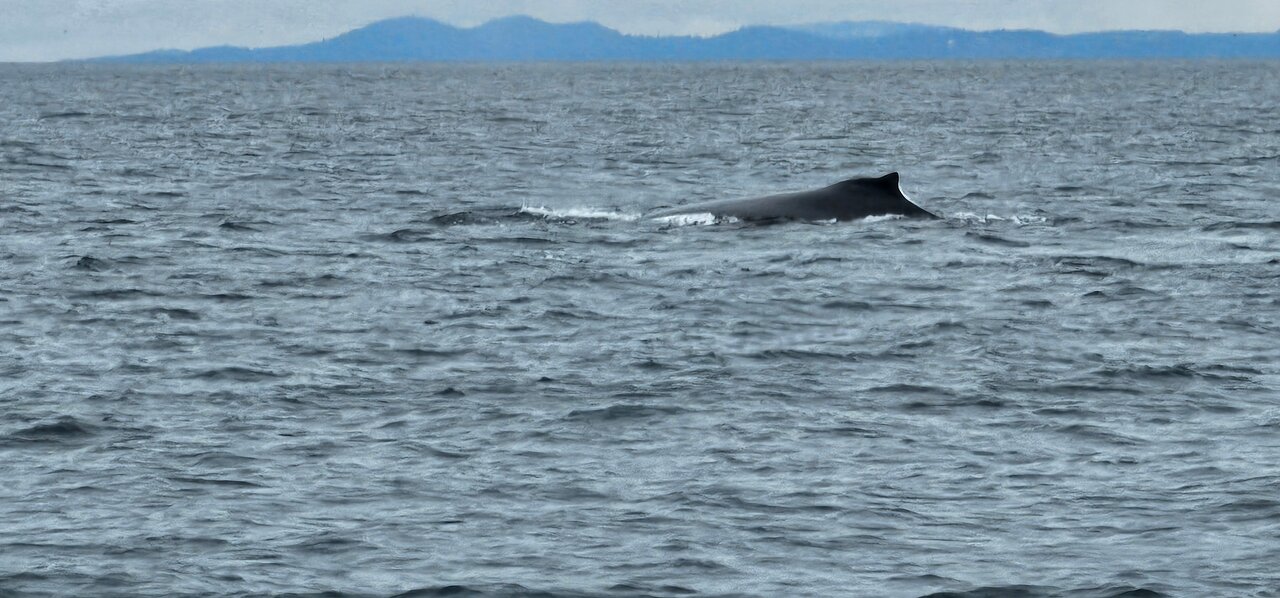
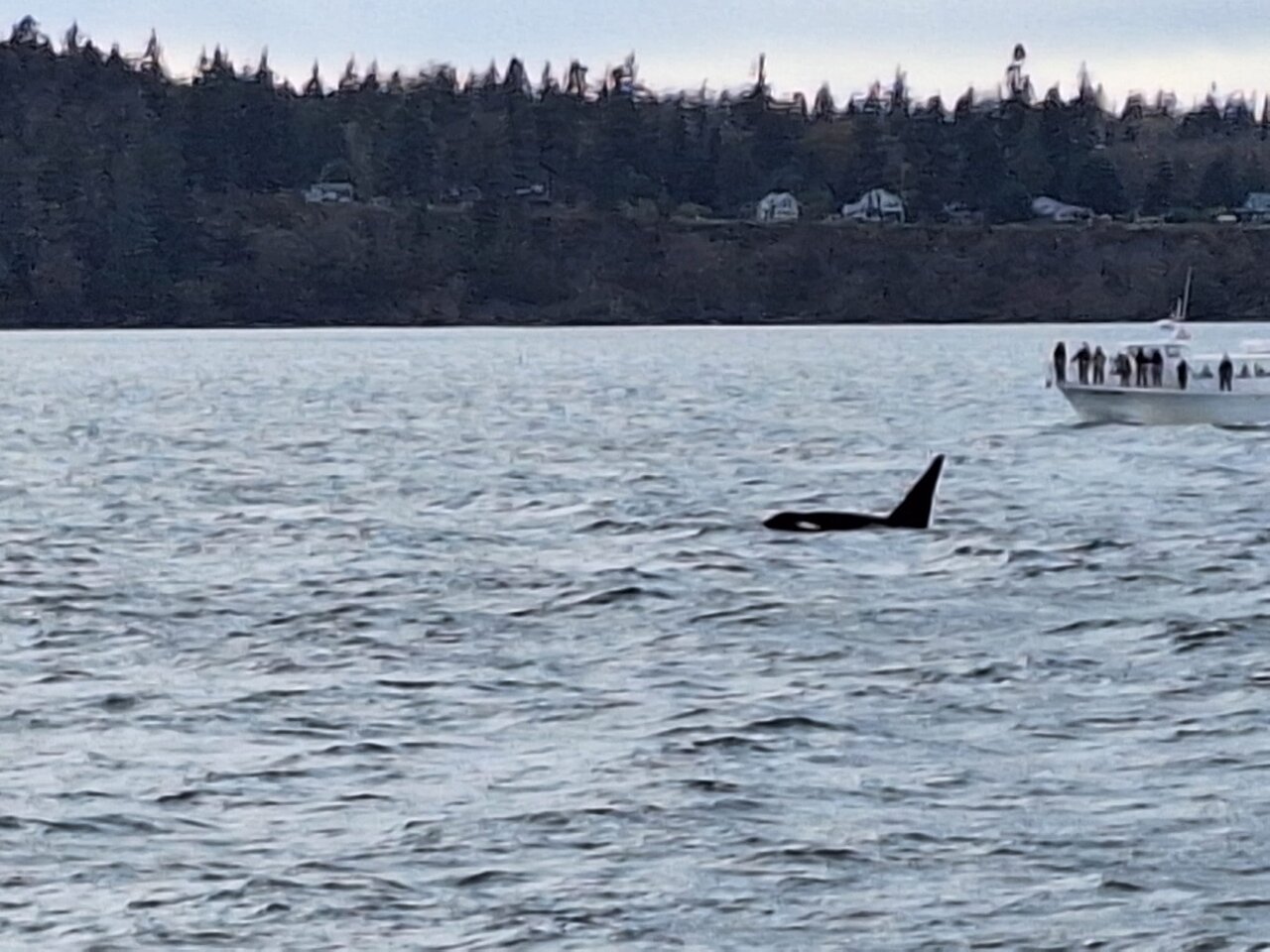
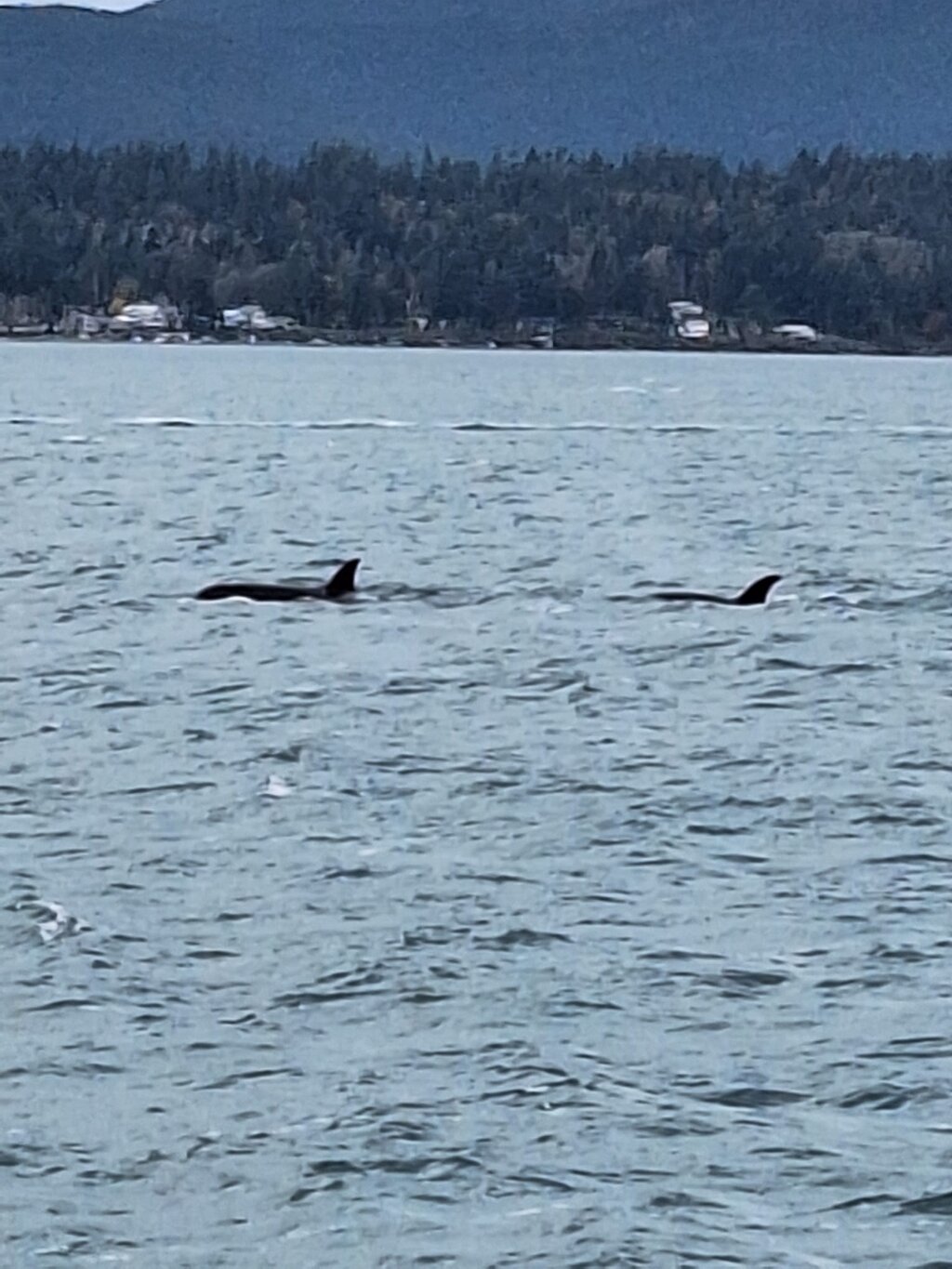
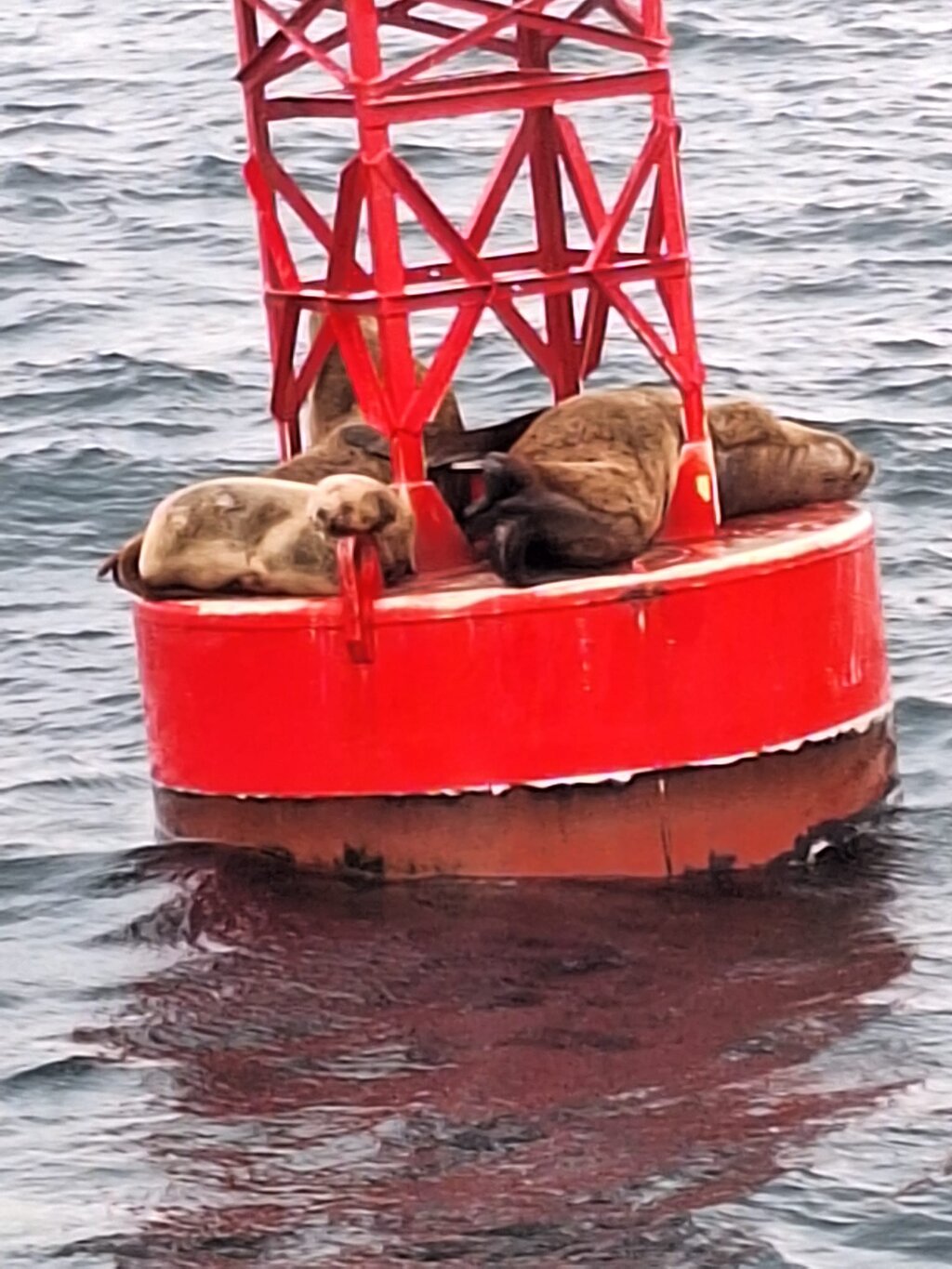
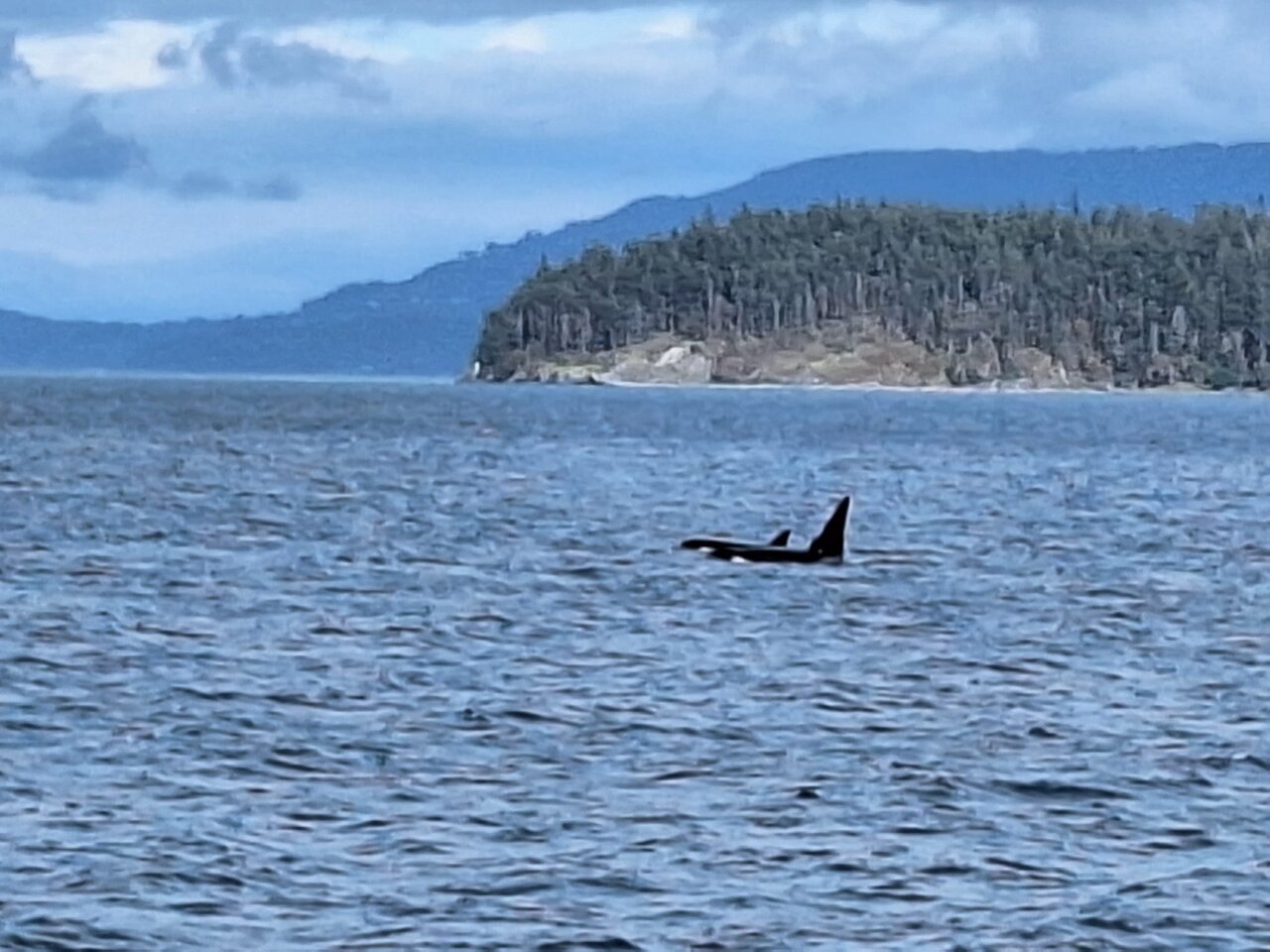
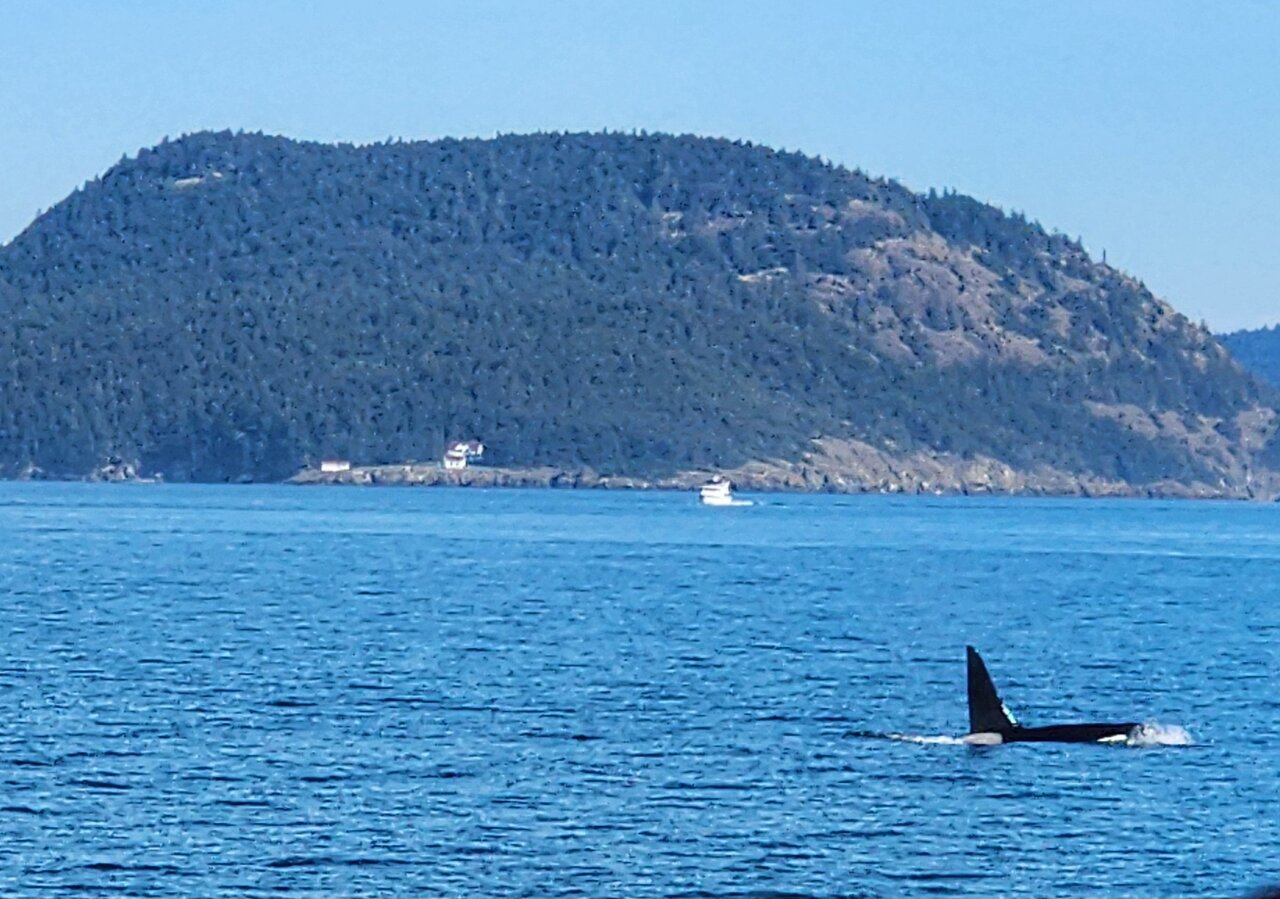
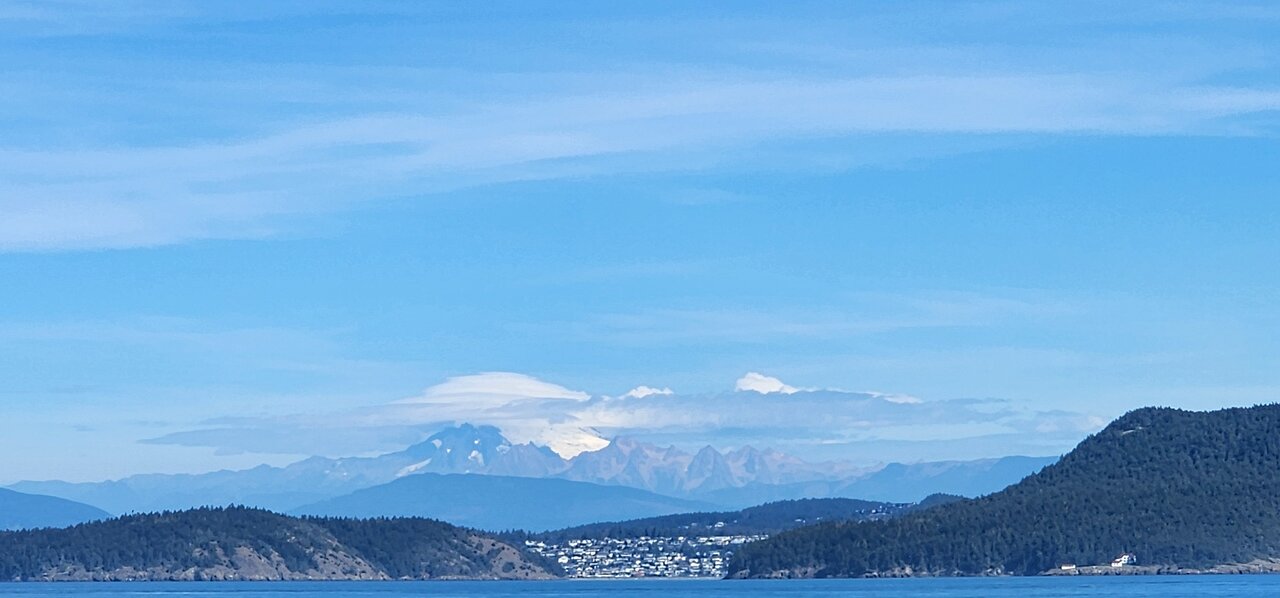
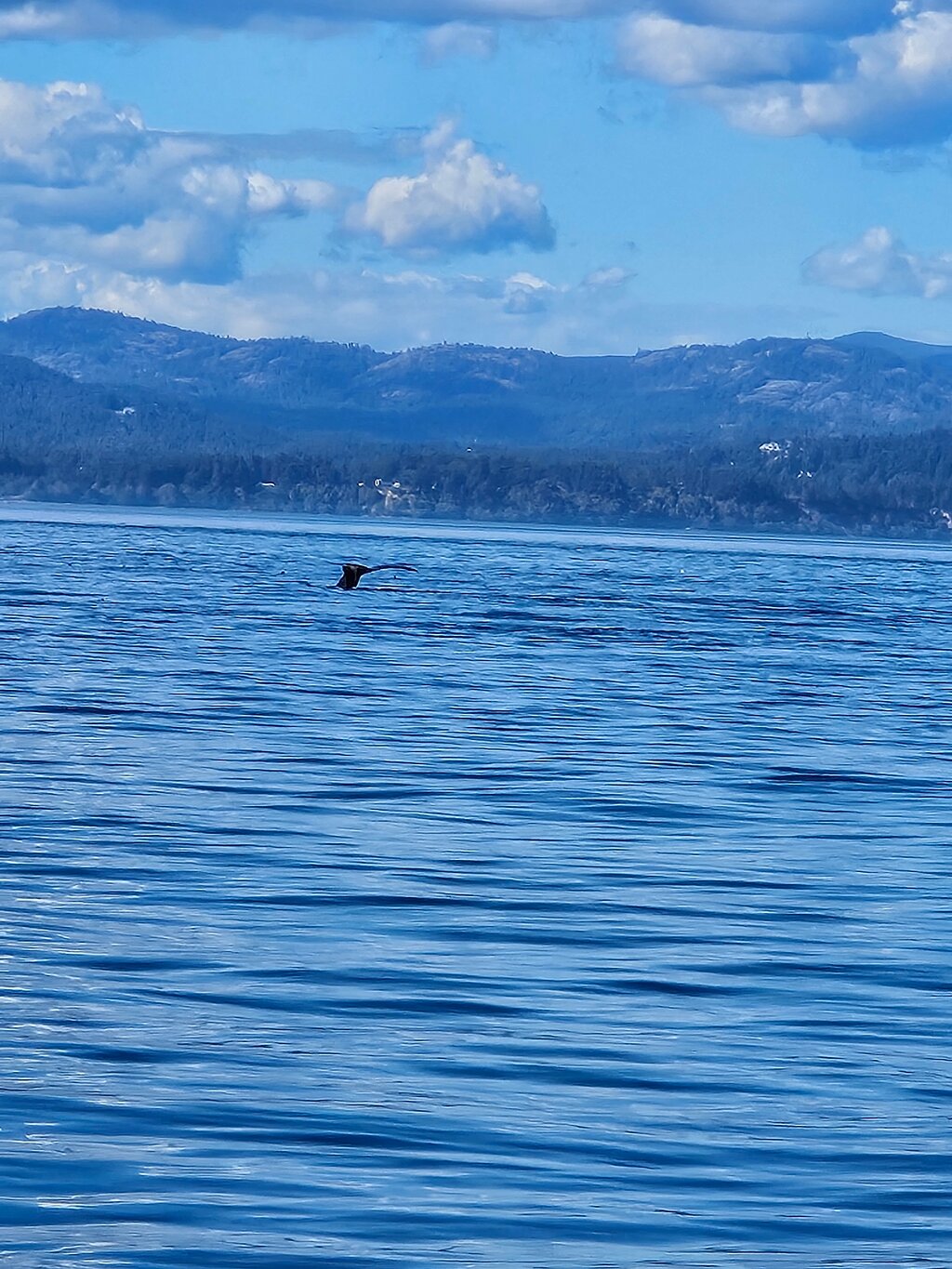
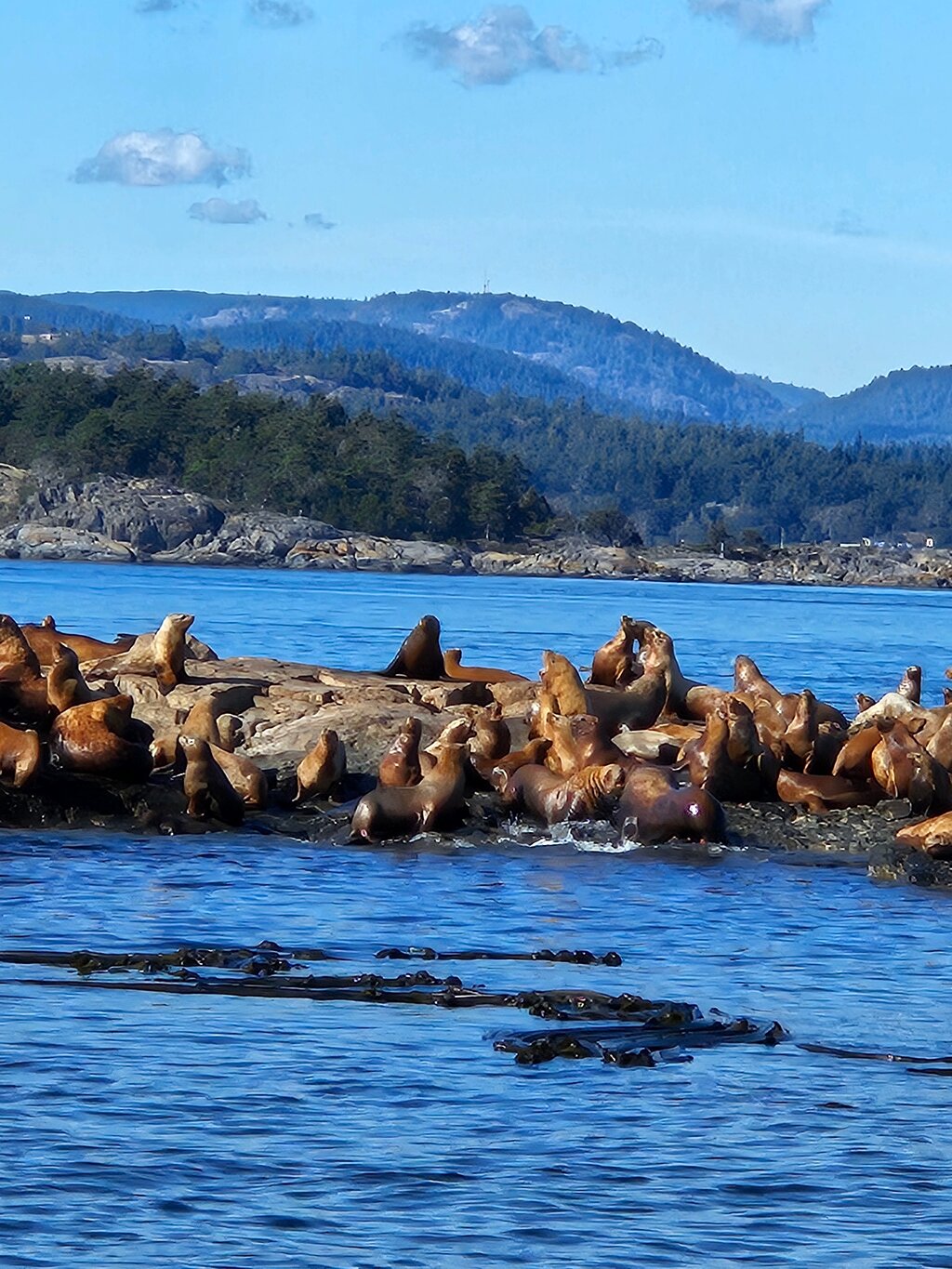



 Более
Более


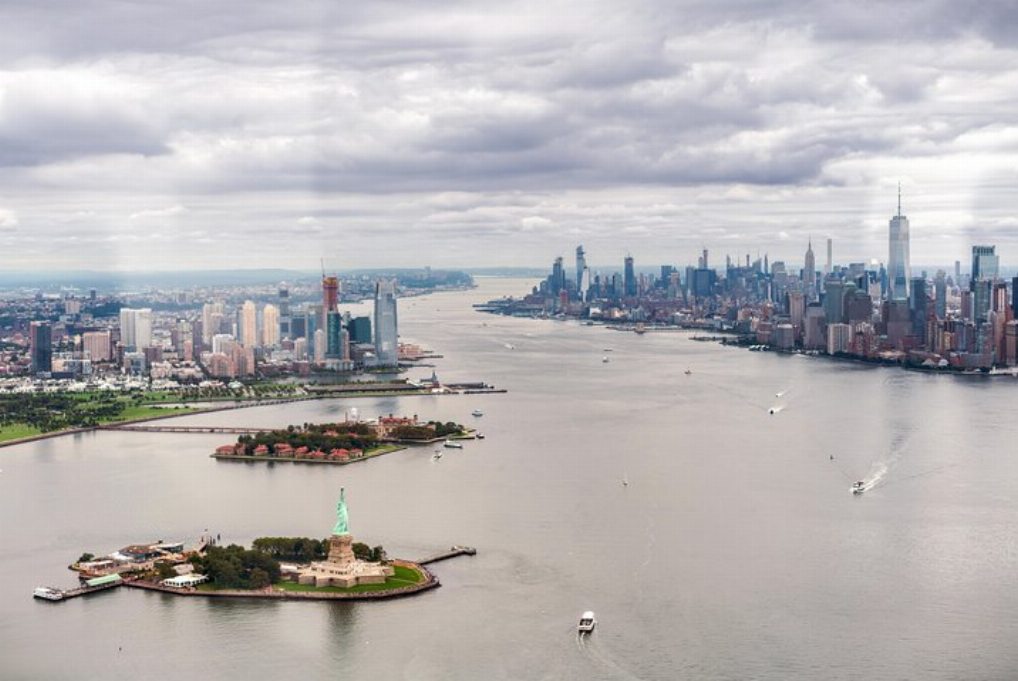
 Продолжить через Google
Продолжить через Google
 Продолжить с Facebook
Продолжить с Facebook
 Продолжить с Twitter
Продолжить с Twitter

